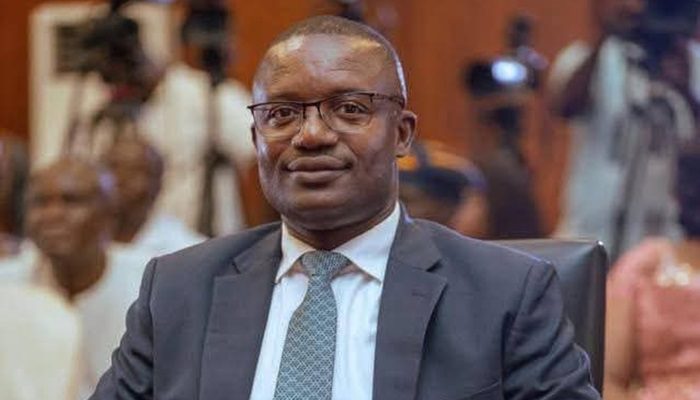By Onasis Kobby, Oil and Gas Practitioner
Ghana’s energy sector is on the brink of transformation with the appointment of John Abdulai Jinapor as Minister of Energy Designate.
His appointment is a fresh opportunity to revitalize an industry that has struggled with stagnation and inefficiencies for the past eight years, benefiting only a select few while the broader economy has suffered.
As Ghana aims to fully harness its natural resources for national development, strong and visionary leadership is essential.
For years, the extractive industry has faced persistent challenges, including an unreliable power supply, weak regulatory frameworks, and policies that have failed to unlock the nation’s full potential in oil, gas, and renewable energy.
Under Jinapor’s leadership, stakeholders are hopeful for a renewed focus on transparency, efficiency, and policies that serve all Ghanaians rather than a privileged minority.
His appointment has the same response with widespread industry support, with key players expressing their commitment to backing his initiatives for meaningful progress.
With extensive experience in the energy sector—including his tenure as Deputy Minister and his role as a Member of Parliament—Jinapor is well-equipped to navigate the complexities of Ghana’s energy landscape.
His leadership must prioritize addressing inefficiencies that have hampered progress while unlocking opportunities for investment, job creation, and sustainable energy solutions.
One of the most urgent challenges he must tackle is Ghana’s energy generation and distribution system.
The country has experienced periods of power crises that have disrupted businesses and slowed economic growth.
Stabilizing the electricity supply, promoting renewable energy investments, and ensuring fair and transparent procurement processes will be critical steps toward restoring confidence in the sector.
Additionally, Minister Jinapor has the opportunity to reshape the oil and gas industry to ensure more fair benefits for all Ghanaians.
Strengthening local content policies will be crucial in ensuring that Ghanaian businesses and professionals actively take part in the industry’s expansion.
Moreover, revenue from natural resources must be managed efficiently to support national development rather than benefiting only a select few.
His leadership will be a test of accountability and action. With Ghana’s energy future at stake, he must work collaboratively with stakeholders to implement reforms that promote sustainability, affordability, and innovation in the sector.
The industry is ready to support this transformation but achieving it will require bold leadership and a strong commitment to change.
As John Abdulai Jinapor steps into this critical role, expectations are high, and the responsibility is immense.
His success will not only shape his legacy but also decide Ghana’s energy security and economic trajectory.
The nation stands ready to support his efforts, urging him to prioritize the interests of the people, industry growth, and sustainable development.
- Stanbic donates ICT equipment to UHAS for digital learning - 9 May 2025
- Cedi rises on gold, debt relief, $490m boost, and weak Dollar - 9 May 2025
- Acute furniture shortage hits Onwe SHS - 9 May 2025




